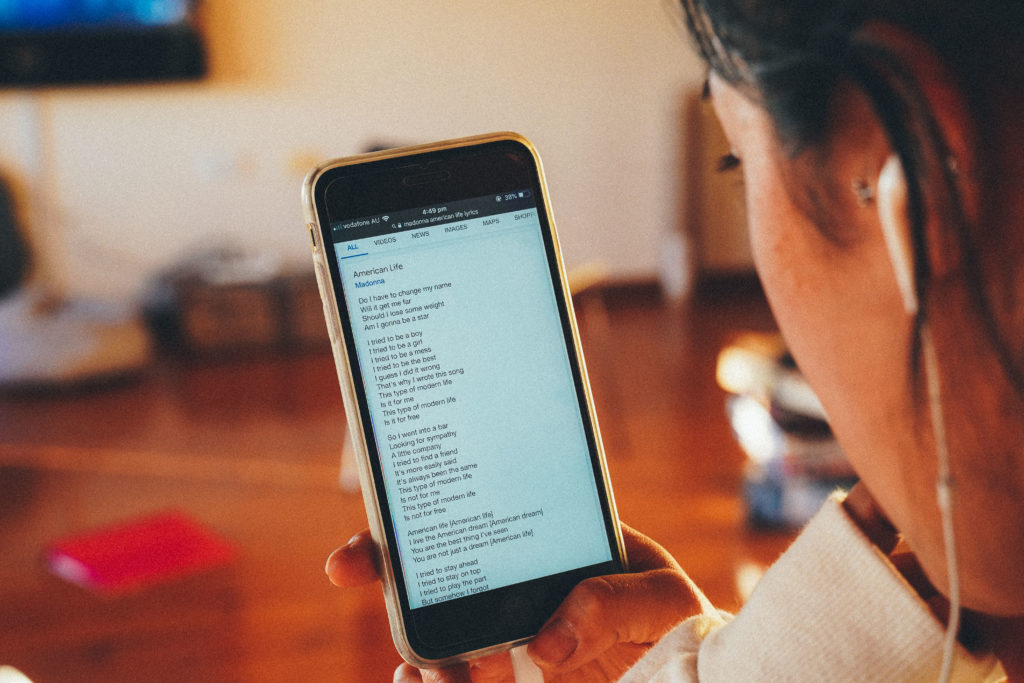As the world continues to deal with the impact of COVID-19, you might be wondering how you can improve your English skills with less opportunity to practise them.
The good news is, you can easily work on your English from the comfort of your home. And, if you’re getting sick of looking at a computer screen, there are plenty of ways to take your practice offline. We’ve put together a list of tips to help you keep studying, learning and putting your skills to good use, many of which are laptop-free. By the end of lockdown, you’ll be able to notice the difference, having built on your English language knowledge and boosted your confidence to an impressive new level.
Reading and writing
An obvious, yet sometimes overlooked way to practise your English skills is to read and write as often as you can. Find something that you can read, even if it’s slowly, and keep your English dictionary to hand. If you stumble on a word you’re not sure of, look it up and make a note in your workbook of the word, it’s meaning and translation in your first language. Writing things out is a good way to store new information in the brain and reading helps in learning new words and their meanings in the context of a sentence.
Translating
Grab a newspaper written in English and set yourself the task of translating an article each day into your own language. This is a great way to learn about individual words, as well as sentence structure, context and tone while writing. This important skill helps to vastly improve your written English skills and gives you a more in-depth vocabulary. It’s also a great way to learn more about what’s happening where you are and around the world.
Housemates event
If you’re living with housemates, it’s the perfect opportunity for all of you to practise together. Perhaps some of your housemates speak English as their first language. Even better! Rope them in with the promise of good food and delicious drinks and perhaps bring some of your homework to practise on them. Speaking with others is a great way to improve your confidence and helps you to learn where you should improve.
Solo learning
Don’t panic if you live by yourself! Try a video chat (see our final tip) or try recording yourself. You can choose a passage you’re working on – something you want to be able to say more confidently – and record yourself speaking into the camera. Not only will you be able to hear the improvement as you practise, but it’ll help you understand where you could improve and look for specific resources to help you with the more difficult aspects of learning a new language.
Label it
Another productive way to make the most of so much time inside is to grab a pad of sticky notes, go around your space and label everything in English. Sticky notes don’t leave a residue on your precious things but being surrounded by the language you’re trying to learn is a proven technique for consciously and subconsciously improving your recall of new words and phrases. You can even laminate something you’re trying to learn and pop it in the shower. Repetition is another proven tool for cementing new knowledge into your brain.
Teach someone
If you have someone who would also benefit from learning English, such as your parents, siblings or friends, why not ask if they would like to learn with you? A great way to better understand things is to try and teach them to someone else. Sometimes this can highlight gaps in your knowledge, which will help you learn where you can focus your efforts. Often though, you’ll surprise yourself with how much you know and you’ll be helping the other person learn a skill they can use for life. Everyone wins!
Online resources
In these unprecedented times, so many people have been reaching out to others to offer online versions of their training programs. This is a great time to be learning or perfecting a new language online. Do a little research and find an online learning tool that starts at your level and slowly builds up, so you don’t end up feeling overwhelmed. The Pearson Test of English (PTE) Academic website, for example, has a collection of great resources designed to help you improve your English and prepare for the test.
Video chat
Zoom, FaceTime, Houseparty, WhatsApp, Skype and several other apps and platforms offer high quality, user-friendly video chat that can accommodate whole groups of people online at once. Get creative and practise chatting with fellow students who also want to improve their speaking skills. It doesn’t have to be boring either! Find a theme for each session, find games to play, test each other, try fancy dress, whatever you feel will make it fun so that everyone enjoys it and comes back next week.





